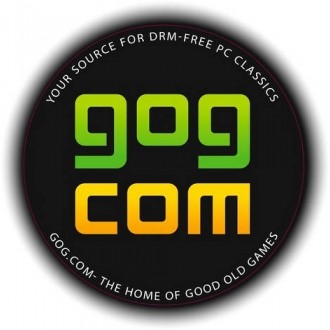Good Old Games has earned a stellar reputation for delivering classic video games through a no-fuss, DRM-free digital platform and that recipe is about to get a little sweeter. During the CD Projekt Red Investor's Day conference in Poland today, GOG managing director Guillaume Rambourg revealed its business plans for 2012 and 2013, which includes the addition of not-so-dated games. The company's ultimate goal is to become the number two digital game dealer and as part of that journey, it will seek newer titles.
This will include exclusive release opportunities with certain developers – though we haven't seen any specific names mentioned. The initiative will kick off next year and Rambourg was quick to note that, unlike GOG's low-priced classics, the service would naturally have to charge more for newer games. Despite that fact, the company said it would remain true to its roots by focusing on completely DRM-free games and flat prices worldwide. And of course, GOG will continue adding the classic games you've come to expect.
GOG has "been profitable since our first month, and the fact that we've come from nowhere to bring over a million classic gamers to our website every month and over six million games downloaded proves that gamers want an alternative to the usual digital distributors," said Rambourg. "We want to continue this growth, and we have a plan for this: more than 400 products in our catalog by the end of 2012, combined with new partners, more franchises, and continued improvements to make GOG.com a better website..."
In a separate development this week, Stardock has announced that its PC games will now be available through Steam. The rollout begins with Sins of a Solar Empire: Trinity, which is currently offered through Valve's service for $14.99, a 25% discount. Other games will be added over the coming weeks. As you likely know, Stardock was the founding owner of Impulse, but the distribution platform was recently sold to GameStop. With that conflict of interest out of the way, Stardock is free to sell its games through former rivals.
